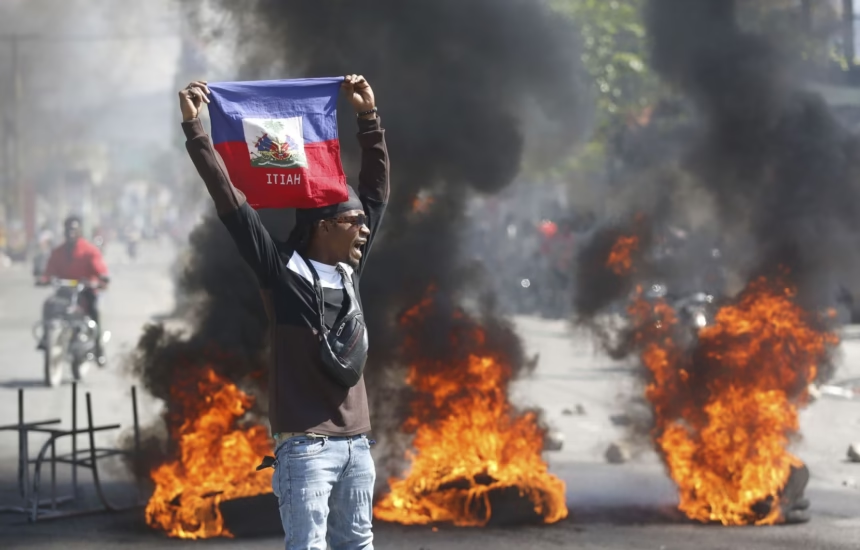Amid the rapidly deteriorating situation in Haiti, the Organization of American States (OAS) has initiated the development of a five-pillar strategic roadmap during the first meeting of the Group of Friends of Haiti. The meeting, held at the OAS headquarters in Washington, marks a new step toward a more structured regional coordination effort to address the multiple crises affecting the country.
Led by OAS Assistant Secretary General Albert Ramdin, the initiative falls under Resolution 3039 of the OAS General Assembly. It is supported by several member states, permanent observers, and international partner organizations. The goal is to coordinate international efforts around a clear and pragmatic plan, in consultation with the Haitian government and key institutions operating on the ground.
The working document presented by Ramdin is based on five main pillars:
-
Security Stabilization: Supporting the Multinational Security Support Mission (MSS) and strengthening Haitian security institutions.
-
Humanitarian Response: Emergency support for populations affected by violence, hunger, and internal displacement.
-
Political Consensus: Supporting efforts toward national dialogue and reconciliation.
-
Electoral Legitimacy: Providing technical and logistical assistance for free, inclusive, and credible elections.
-
Sustainable Development: Economic recovery, support for agriculture, improvement of basic services, and creation of opportunities for youth.
“Restoring stability requires a clear strategy, aligned with the priorities of Haitians and delivering visible results on the ground,” Ramdin emphasized.
Regional and International Partners Mobilized
High-level representatives from member countries and partner institutions took part in the meeting. Myrtha Désulme, Haiti’s Permanent Representative to the OAS, called for swift and structured action. Carlos Ruiz Massieu, head of the United Nations Integrated Office in Haiti (BINUH), and Mara Tekach, director of the MSS mission, stressed the urgency of the security situation. Ilan Goldfajn, president of the Inter-American Development Bank (IDB), along with Mary Lou Valdez (PAHO), Lloyd Day (IICA), Nabila Assaf (World Bank), and Sowmya Krishnamoorthy (PADF), each underscored the need for an integrated approach that addresses security, health, agriculture, and economic development.
David Kerich, Kenya’s representative and head of the multinational force, reaffirmed Nairobi’s commitment to support Haiti during its security transition.
On the sidelines of the meeting, Ramdin proposed convening an international donors’ conference, coordinated by the IDB, with the goal of mobilizing funding to implement the first stages of the plan in the coming months.
“The response to the Haitian crisis must be swift, coordinated, and aligned with the principles of the OAS Charter,” Ramdin said, stressing the need for transparent follow-up and close collaboration with Haitian authorities.
The roadmap, currently being finalized, will soon be presented to the OAS Permanent Council following consultations with relevant stakeholders. The organization has pledged to ensure the process is participatory and aligned with the expectations of the Haitian people.
In a context marked by political instability, the collapse of public services, and the growing power of armed gangs, the OAS initiative represents a structured regional effort to help pull Haiti out of its prolonged crisis.







